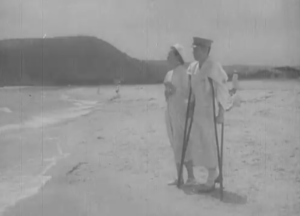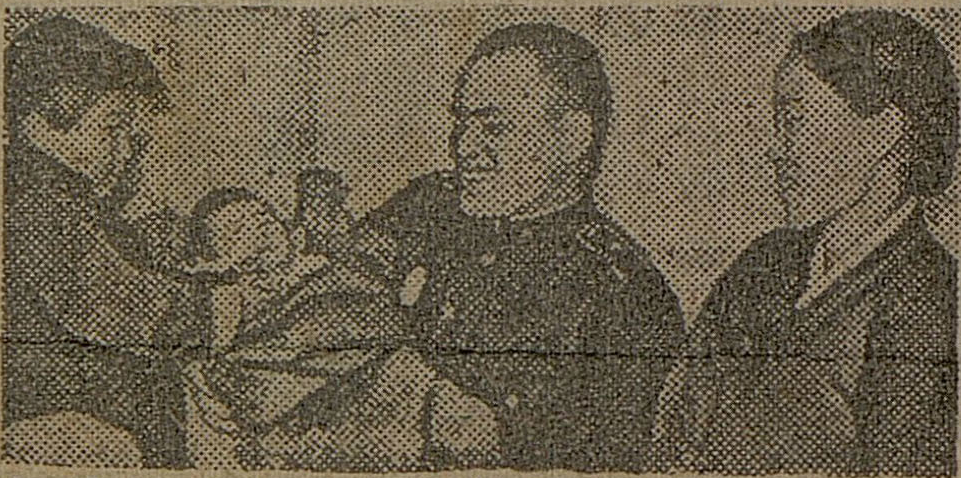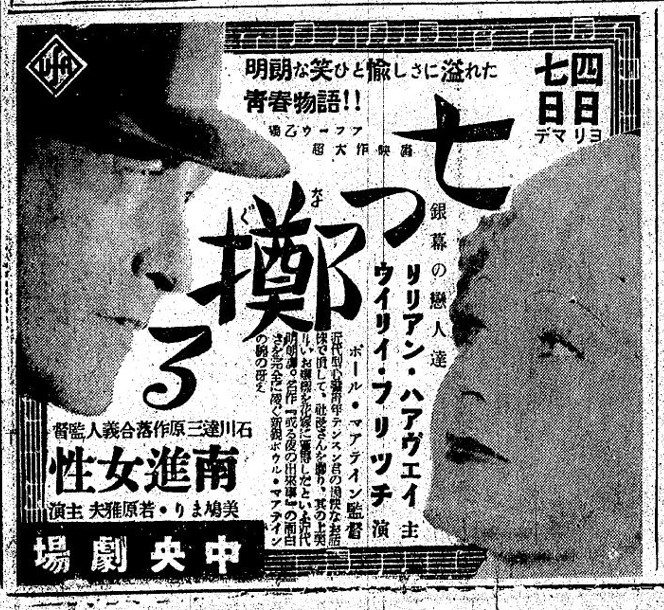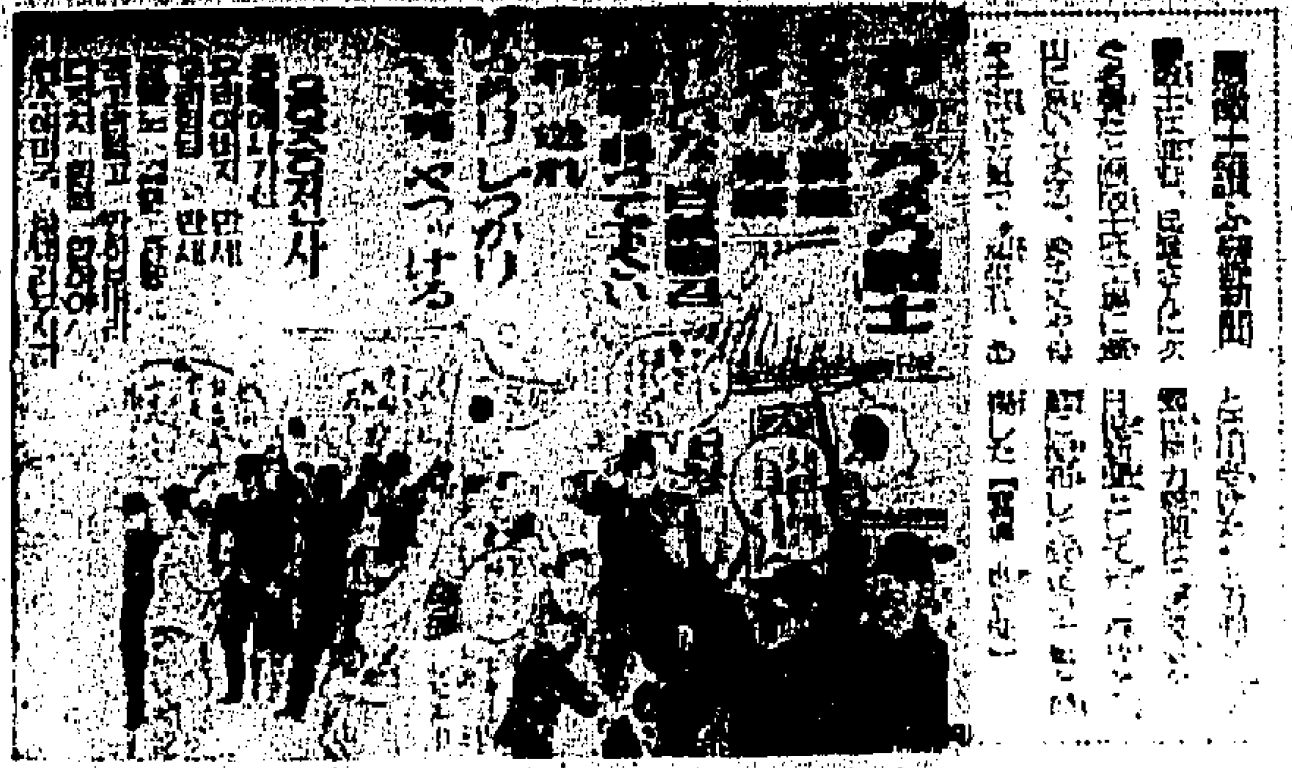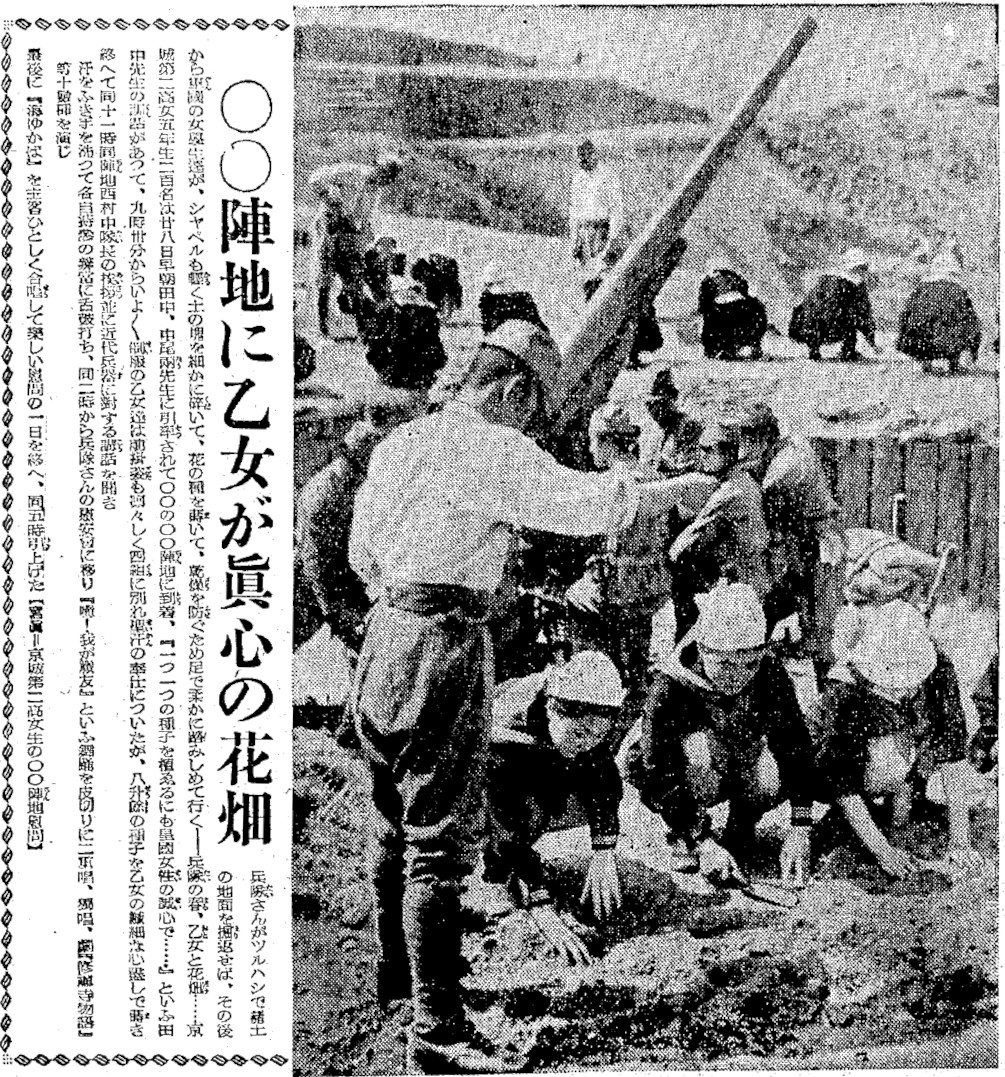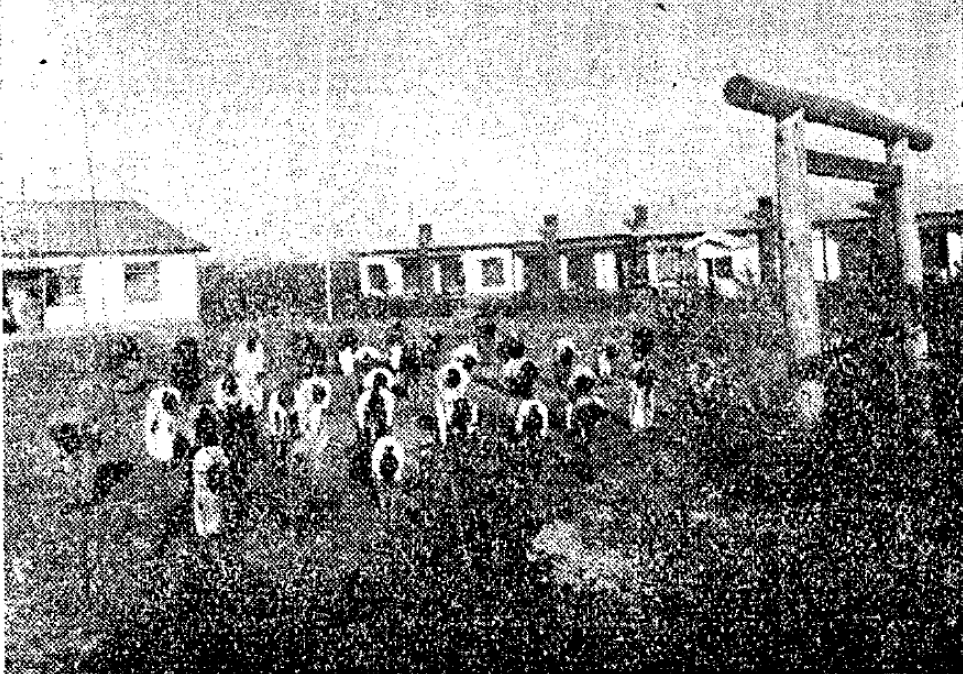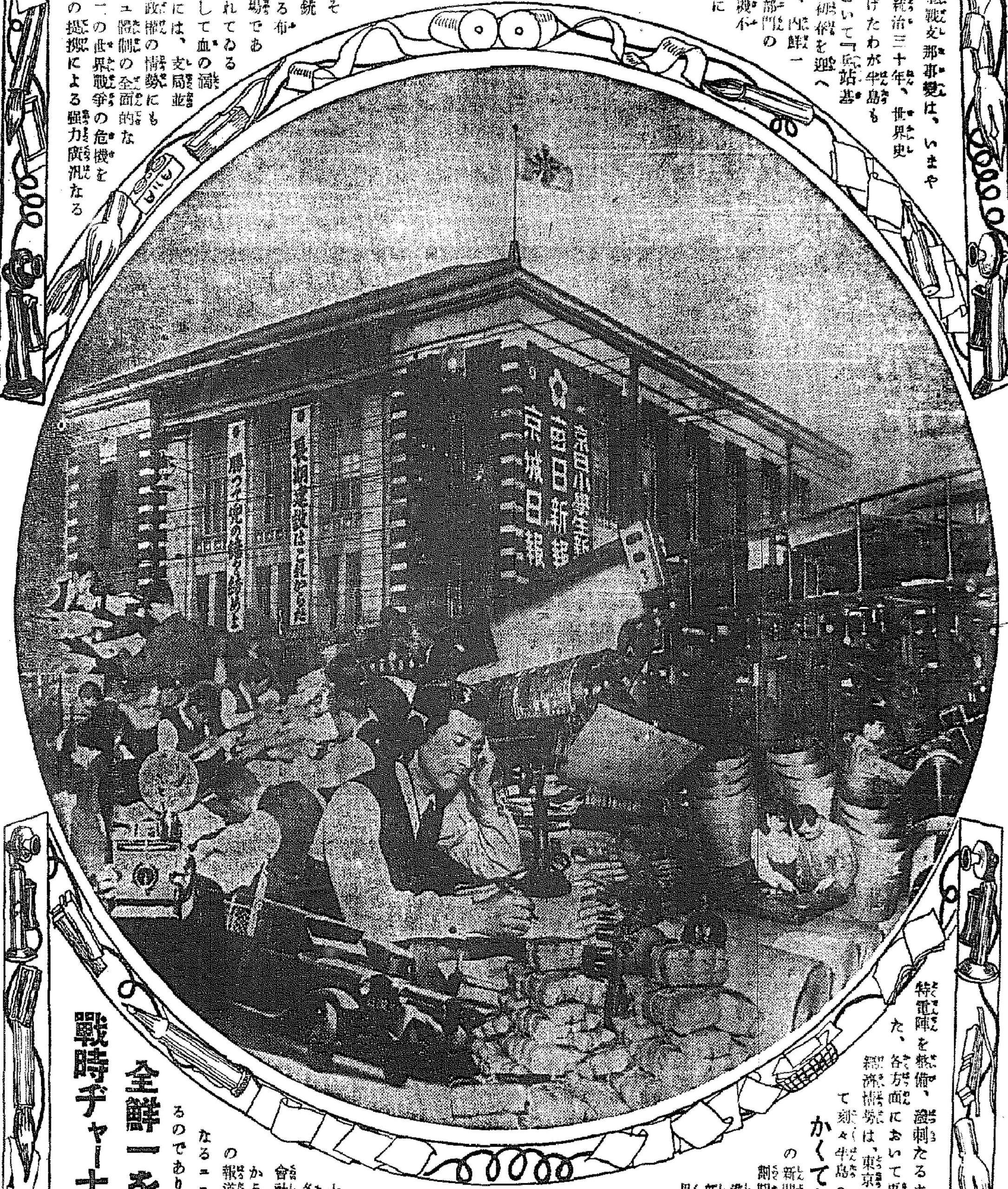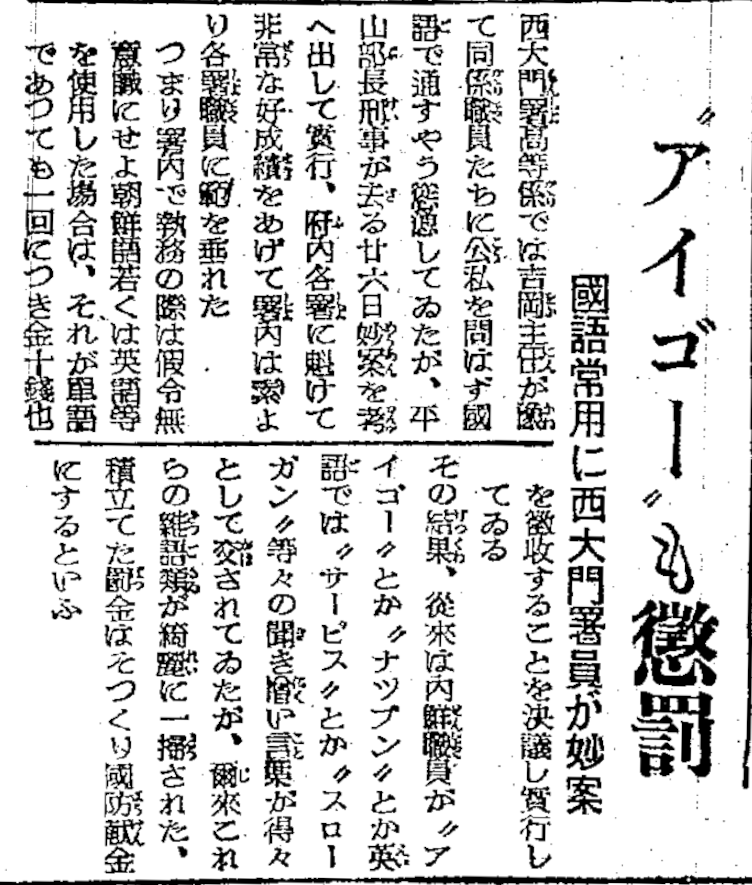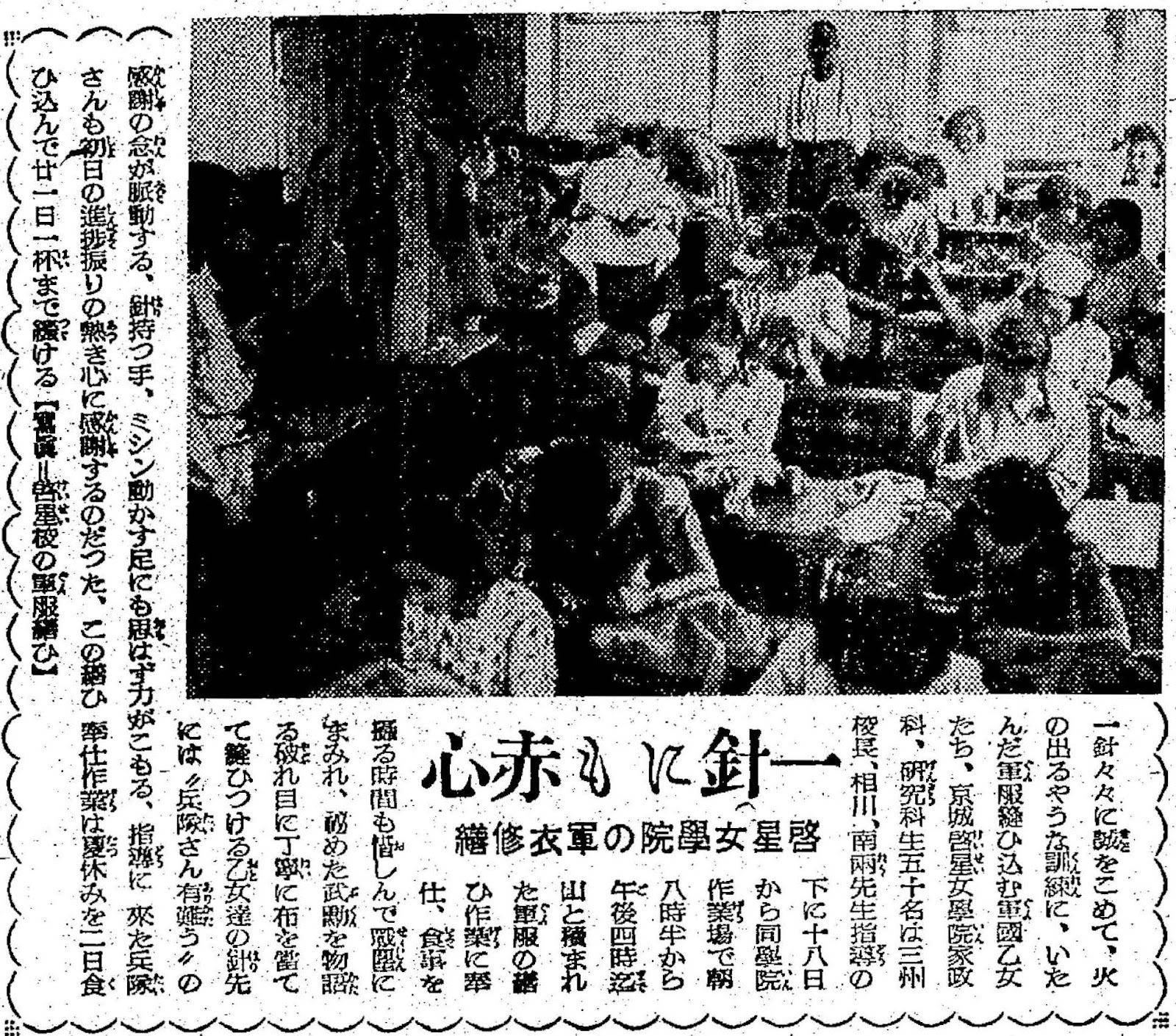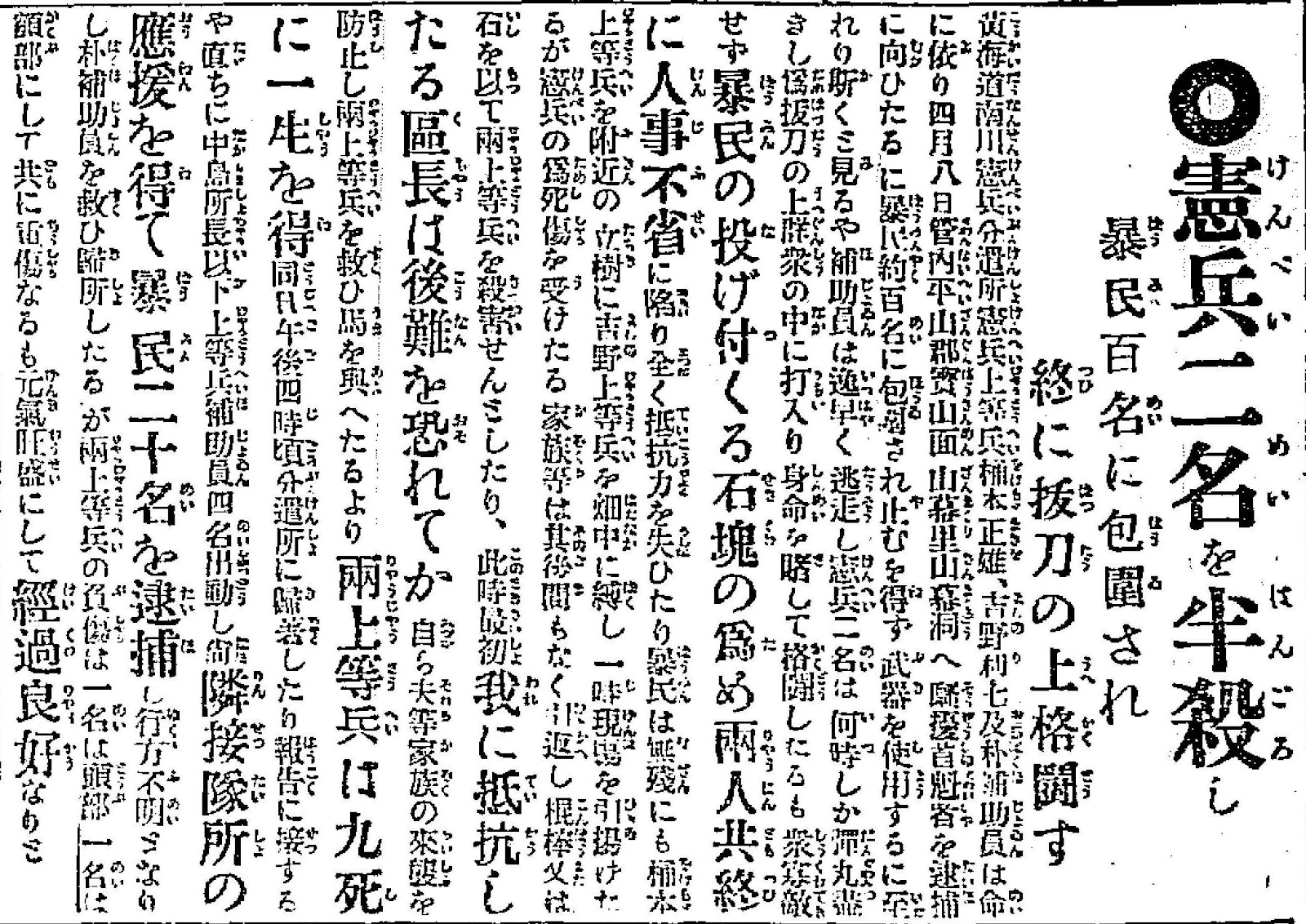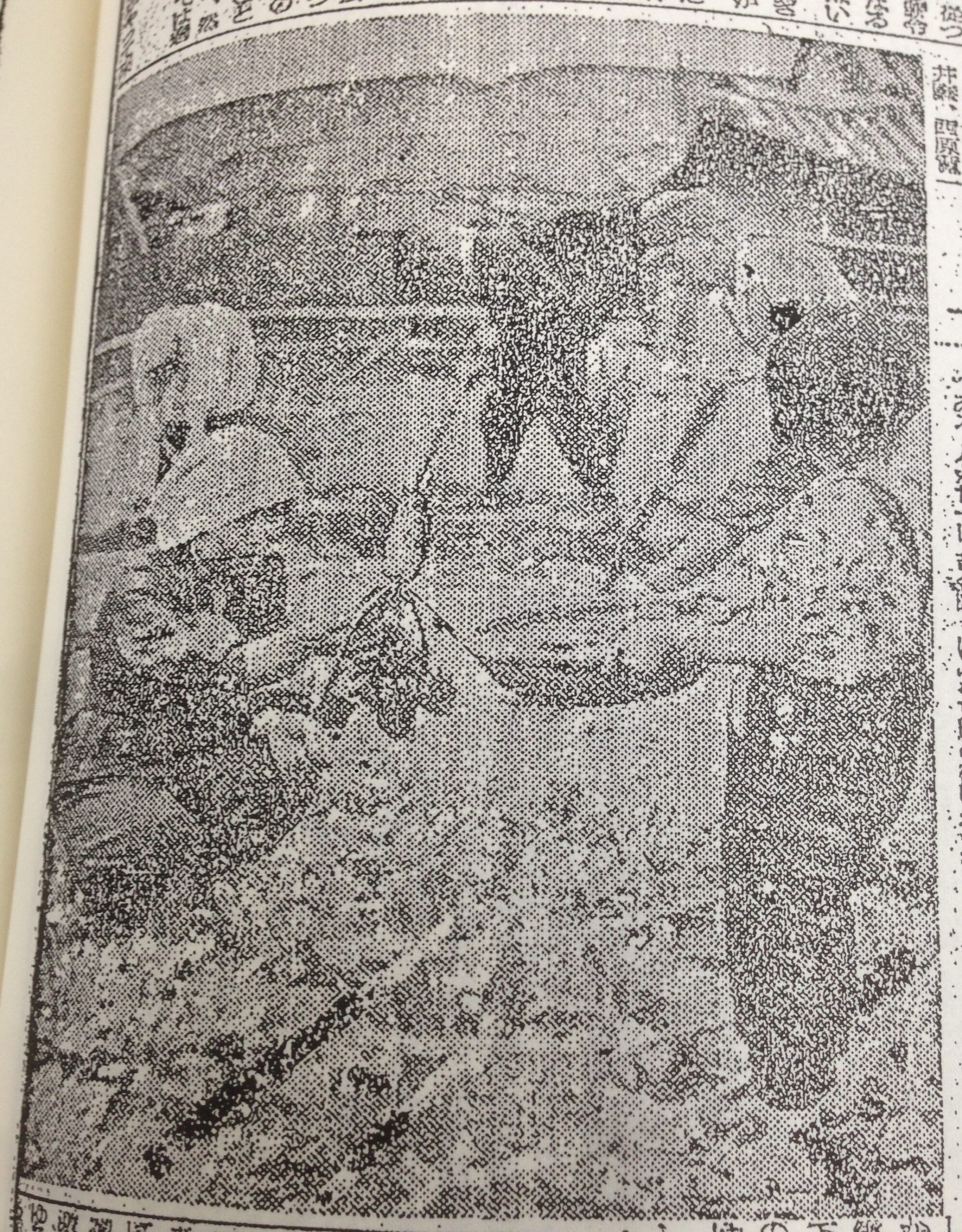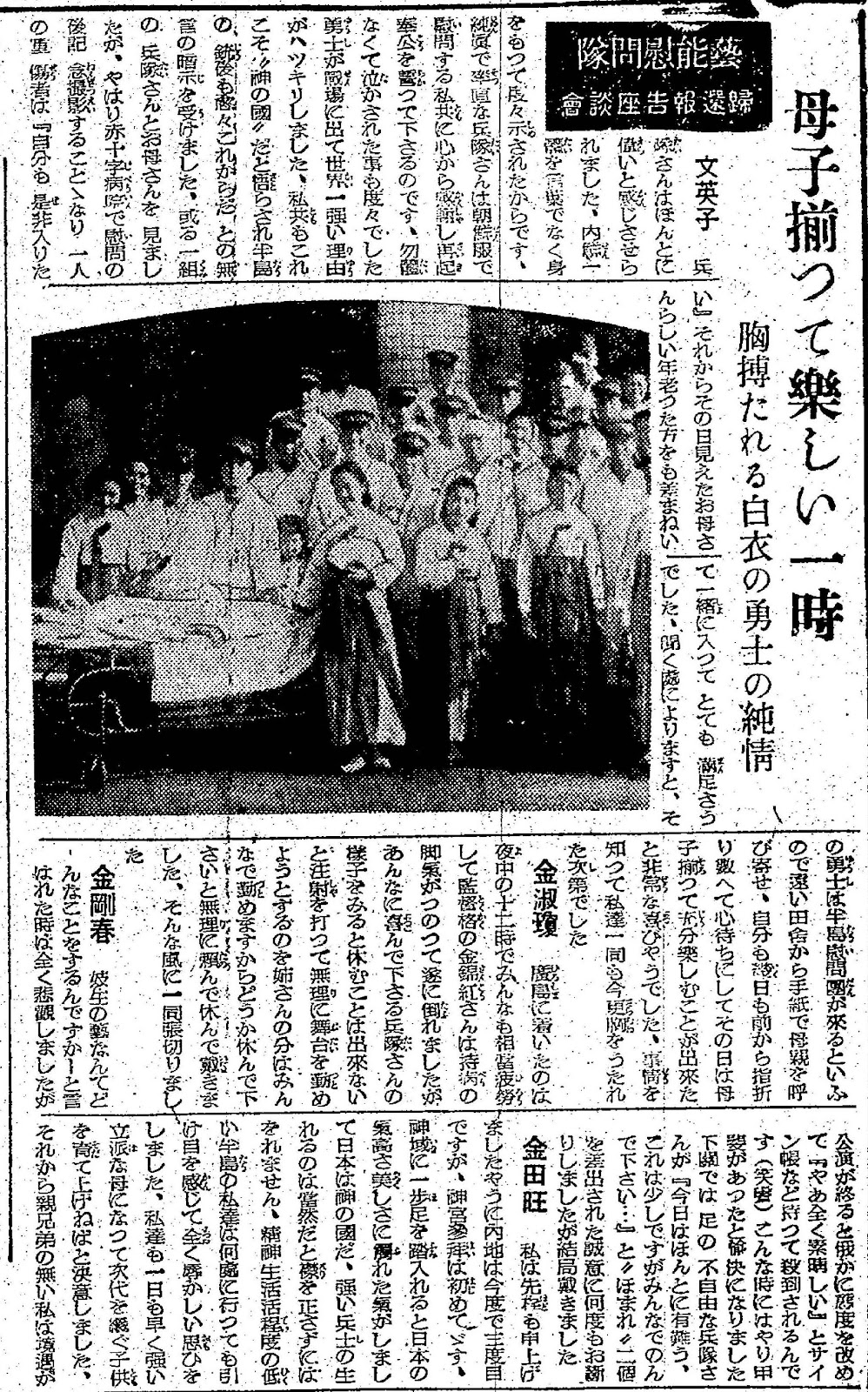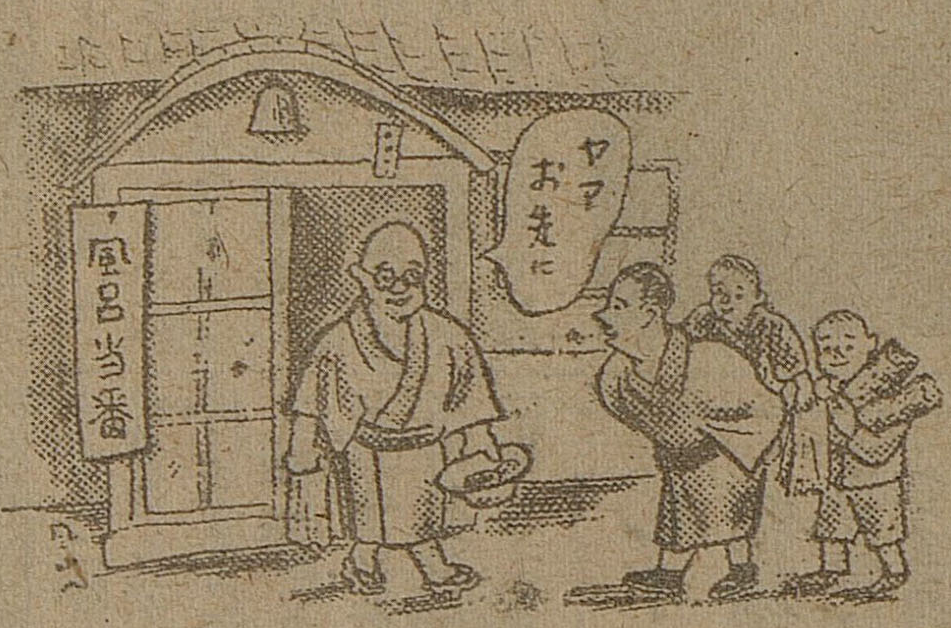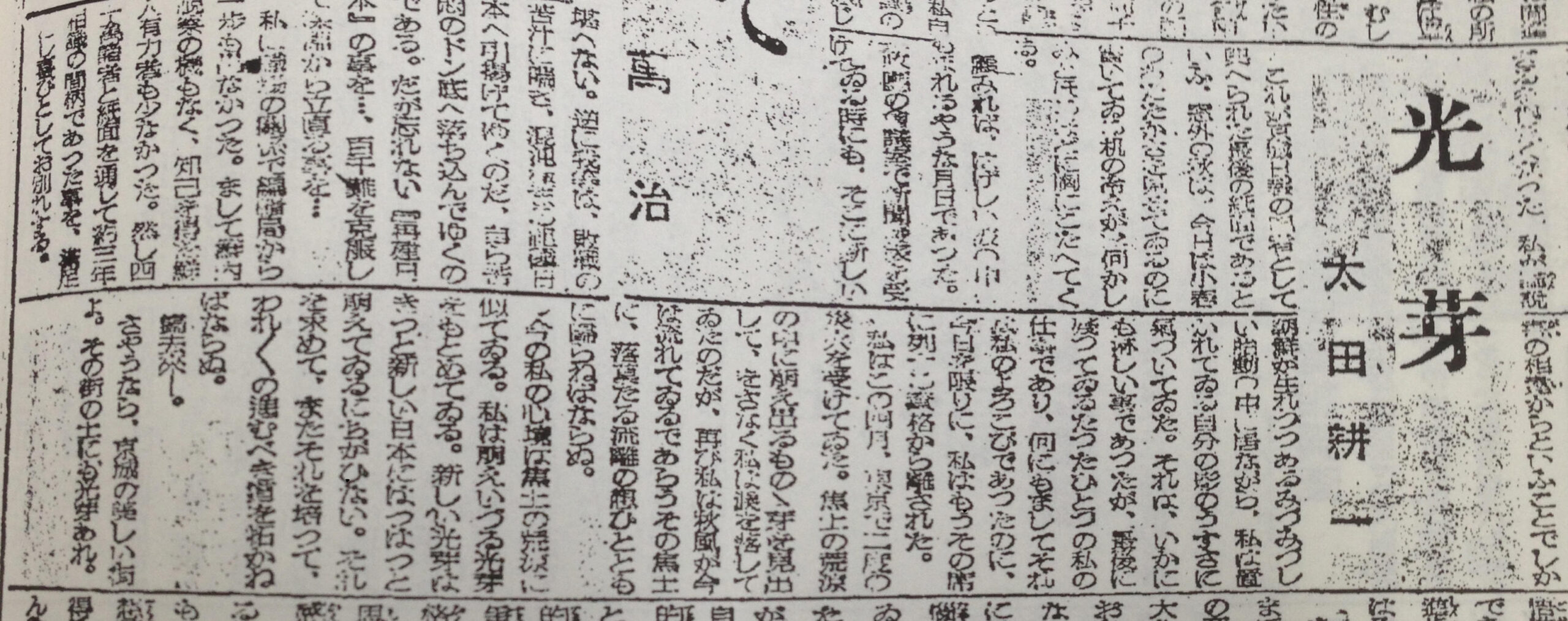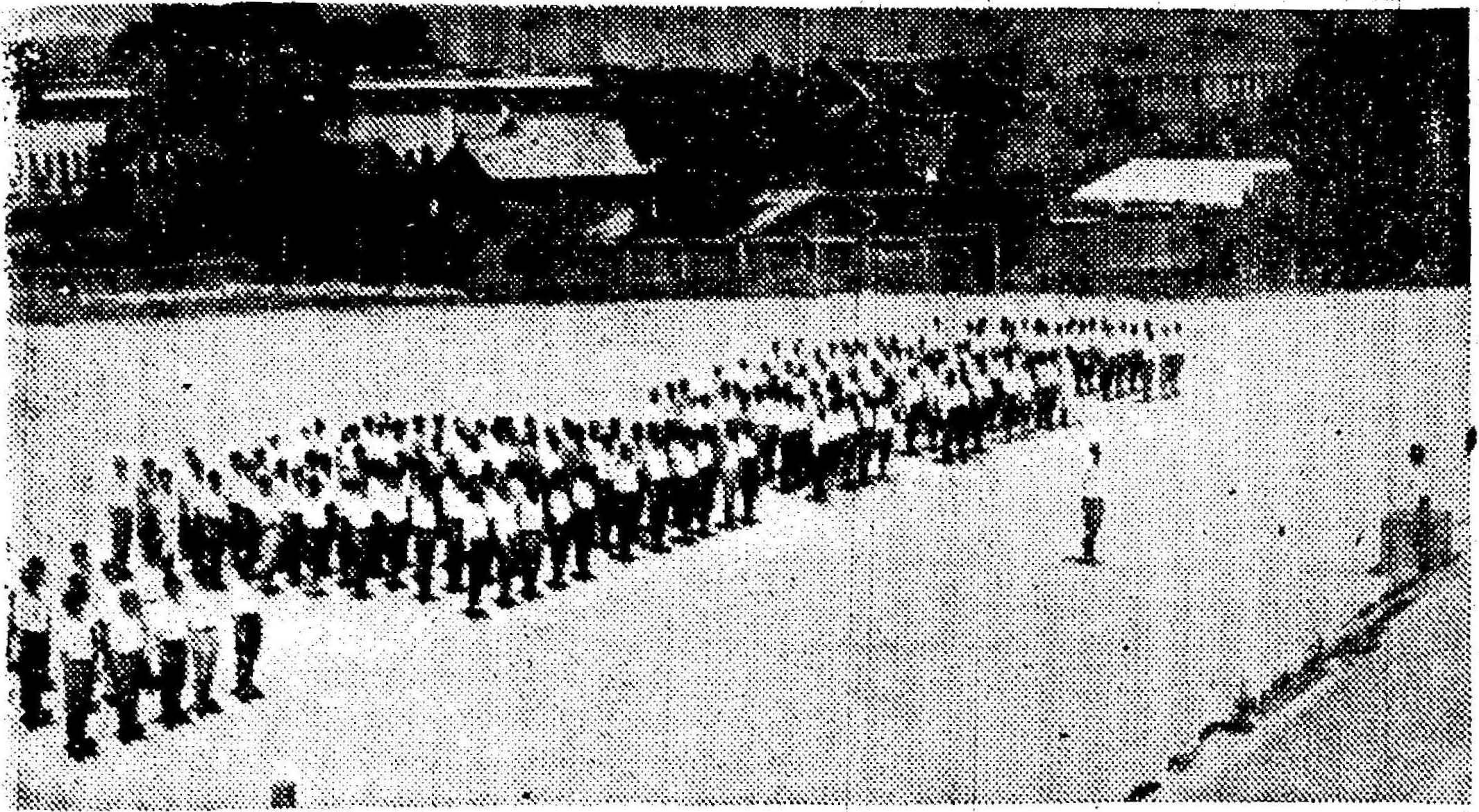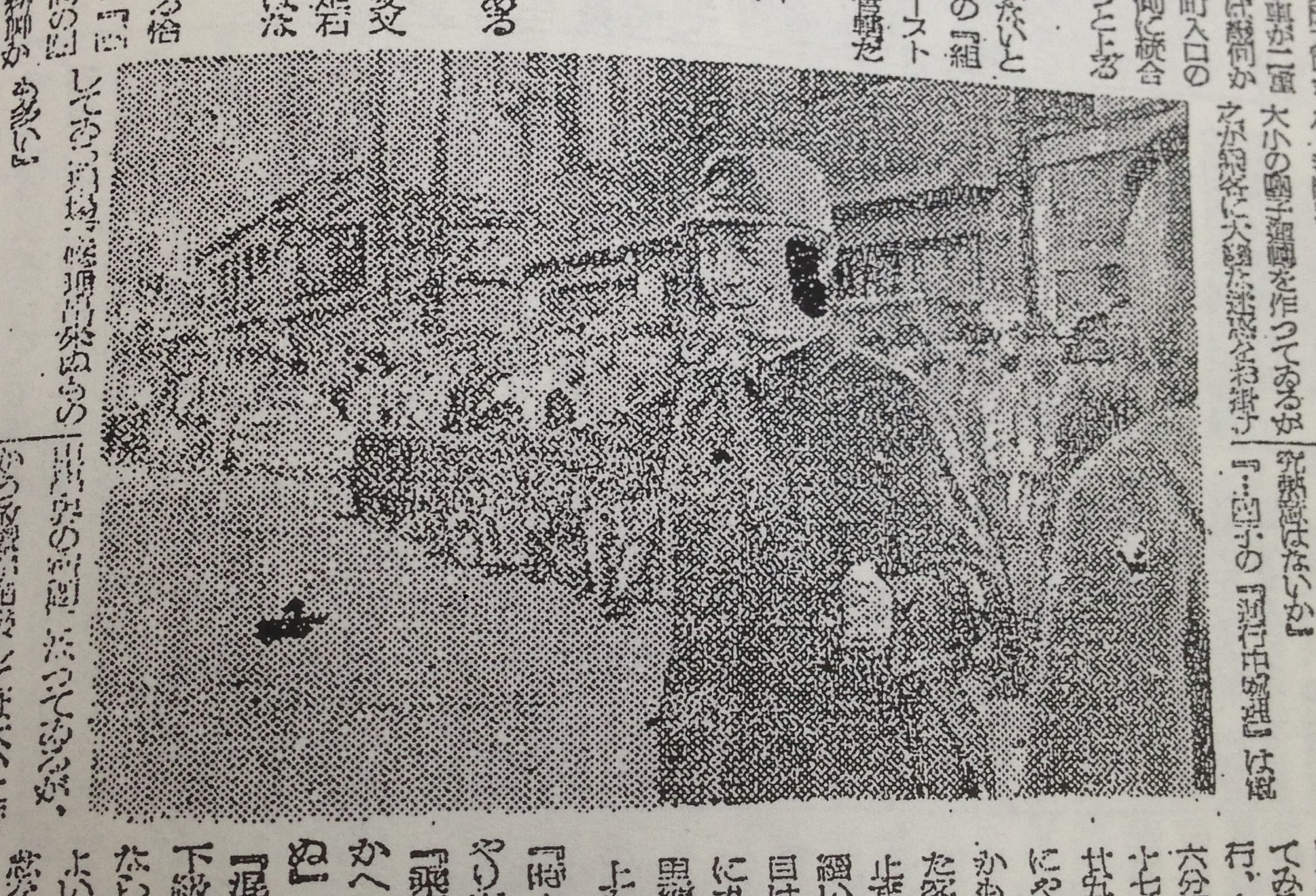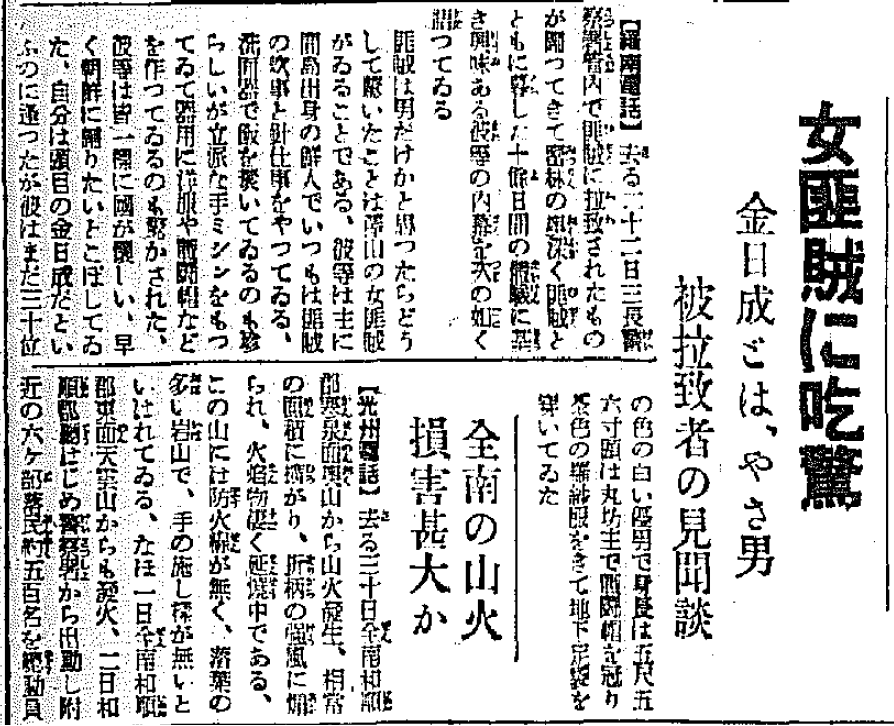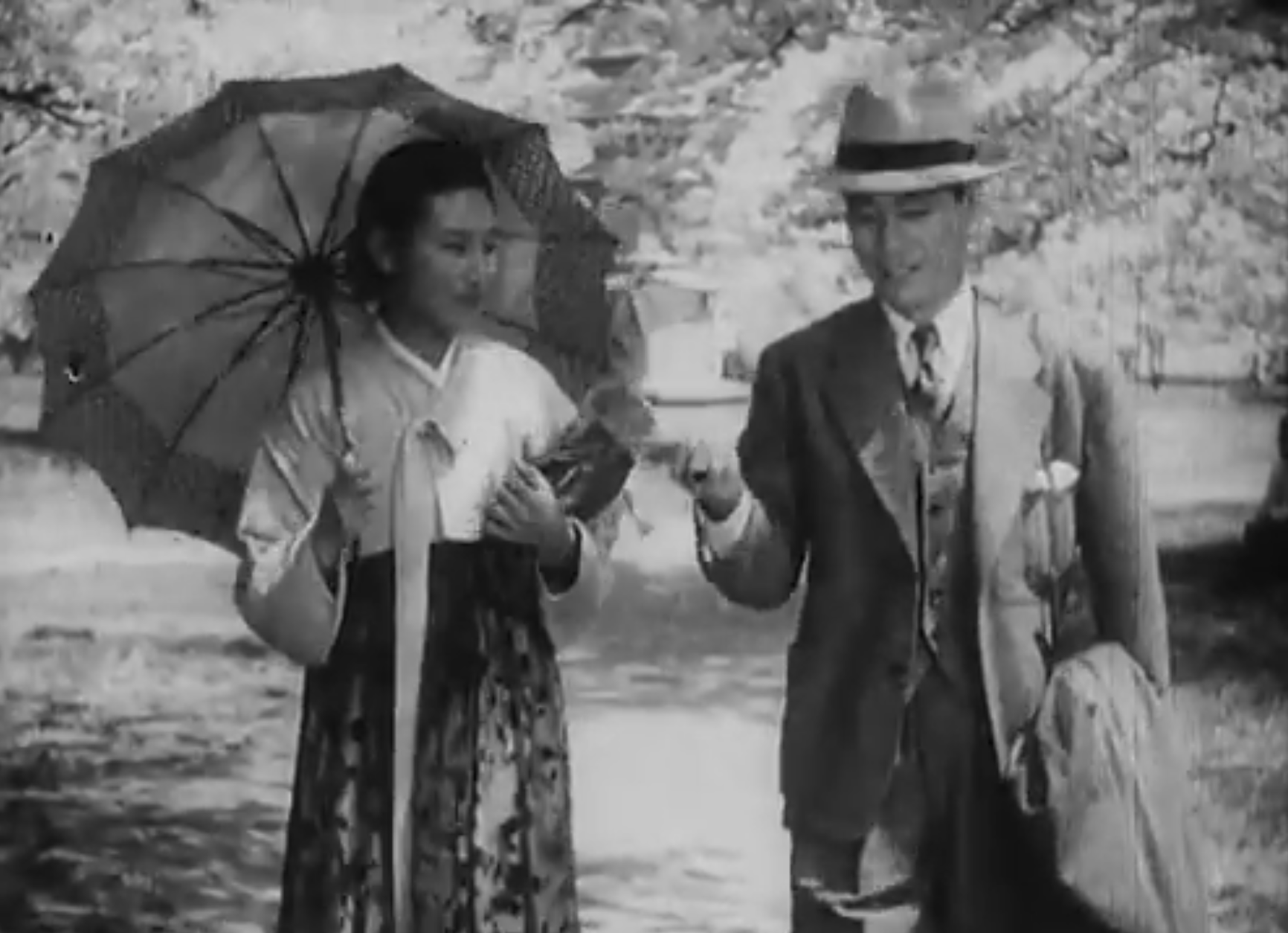
Korean director of Straits of Chosun (1943) muted the war propaganda of this Imperial Japanese film to make it a humanistic story about young Korean man from wealthy family who enlists with a heavy heart to win his father’s acceptance of his lower-class wife, rather than from blind patriotism
2023-04-24
486
2532
The following is my thorough transcription, translation, and in-depth analysis/review of an intriguing piece of classic Korean cinematography, which is only in the Japanese language due to unjust colonial policies. Feeling that it is yet another piece of colonial injustice that this piece of Korean film history is inaccessible to Koreans because of the language barrier, I decided to spend some time studying this film.
The Straits of Chosun (朝鮮海峡, 조선해협) (1943) was a propaganda film produced with support from the government of colonial Korea to encourage young Korean men to volunteer to enlist in the Imperial Army. It wanted to show young Koreans that they could also become honorable Imperial soldiers just like the ethnic Japanese.
It is 1943 in Seoul, Korea. Lee Seong-gi (Rinoiye Seiki in Japanese, acted by Nam Seung-min) is a young man from a privileged Korean Yangban family background who was kicked out of the house by his father for marrying Mihara Geum-sook (Mihara Kinshuku in Japanese, acted by Mun Ye-bong), a trusting, kind-hearted Korean woman from an impoverished family background. Seong-gi’s father is a traditional Yangban man who cares about family pedigree, so he cannot let Seong-gi marry someone from a much lesser family background.
Seong-gi (성기, 成基) leaves his lower-class wife, Geum-sook (금숙, 錦淑), to join the Imperial Army in hopes that his father will finally become proud of him and then eventually relent to give his blessing to his marriage. Infuriatingly, Geum-sook’s husband left her without telling her anything and broke off all contact with her, leaving his wife confused and distraught, but steadfastly believing that he will eventually come back. Suddenly finding herself without any income, she goes to work to support herself and her newborn baby, and gets from help from Eiko, her Japanese friend, Kiyoko, her husband’s younger sister, and others along the way. She sees her husband marching in a military parade, and also tries to meet him as his train departs for the war front, but she just barely misses him. They both somehow end up hospitalized – he is recovering from his wounds in a war hospital in Japan, she is recovering from work exhaustion in a Korean hospital, and they reunite over the phone. Seong-gi’s father finally accepts Geum-sook.
Since the target audience was young Koreans, the colonial regime wanted this film to be made by and for Koreans. This is why this film has a Korean director (Park Gi-chae), and the actors are almost all Korean, down to the Imperial Army soldiers who shout ‘Banzai to His Majesty the Emperor!’ The only credited Japanese actor is Tsubaki Sumie who plays Eiko, the ethnic Japanese friend of Geum-sook. Many well-renowned Korean actors make their appearances with superb acting performances, including Nam Seong-min (playing Seong-gi), Kim Il-hae (playing Seong-gi’s father), and Mun Ye-bong (playing Geum-sook), who became a decorated North Korean actress after the war. One of the songs of was sung by Park Hyang-rim, a famous singer who tragically did not survive the war.
Ironically, this film made by and for Koreans was not allowed to use the Korean language due to draconian colonial policies at the time, so that is why all the dialogue in this film is in the Japanese language. Nevertheless, the Koreanness of this film still stands out in the way the film visits well-known locations in Seoul and depicts the everyday lives of the Korean people of Seoul.
This film may superficially look just like any other Imperial Japanese war propaganda film at first glance. Geum-sook serves in the war by working in a factory and then raising her son to become a fine soldier, while her husband fights on the battle front for Imperial Japan. Japanese-Korean Unification themes also pervade this film. Geum-sook’s Japanese friend Eiko is the impetus in injecting human kindness into the family, first by befriending Geum-sook, and then by inspiring Seong-gi’s sister to become the voice of reason by bringing the traditionally minded parents and the earnest daughter-in-law together.
However, researchers have actually found this film very strange and atypical for its genre. Whereas other Imperial Japanese war films has soldiers willing to die gloriously and joyously for the Emperor, Seong-gi is motivated to enlist not out of blind devotion to the Emperor, but rather out of a simple desire to earn his father’s approval to legitimize his love marriage to his wife. There is also no sign of Seong-gi actually enjoying being a soldier. Unlike other war films where soldiers go off to war confident and carefree, Seong-gi goes off to war with his heart worried and unsettled, since his wife still has to experience hardships and his father still disapproves of his wife while he is fighting. Thus, the Straits of Chosun is quite remarkable for depicting the realities of war service in such a complex light.
In other words, this war propaganda film turns out to be less of a war mongering story, and more of a humanist story about one strongly Confucian family that transcends the bounds of tradition to welcome one gentle, kindhearted woman into the family through human kindness. It is for this reason that there is speculation in the blogosphere that director Park Gi-chae may have subtly added other subversive subtexts and undertones into this film. For example, Seong-gi’s father is depicted as a very unlikable, extreme Imperialist ideologue, a very unflattering depiction of the real-life Imperialist propaganda that pervaded colonial Korea at this time.
One reviewer even ventures to say, “Straits of Chosun accidentally makes an argument for liberal modernity in which men and women are equal partners in their shared endeavour, the class system has collapsed, and the individual has the right to determine their own destiny free of familial obligation.” I wouldn’t go so far as to say that. The colonial regime’s intention with this film was to release Koreans from familial obligation, so that they could volunteer for enlistment more freely, encourage more women into the workplace, and make everyone an Imperial subject with a single-minded devotion to the Emperor. However, it is admittedly easier to read such subtexts into this film, when the war mongering element of this war propaganda film is so unexpectedly muted.
As hinted by the cherry blossoms that dominate the film, much of the filming was done during March/April 1943 in Gahoe-dong, which was traditionally an exclusive area for nobles, scholars, and residences of government officials where there are many beautiful trees (Source: Keijo Nippo April 17, 1943). The film was said to be an “unprecedented box-office success for a Korean film” when it was released on July 29, 1943 (Source: Terukuni-Sanjin Blog) . Some 138,750 people were said to have watched this film in Seoul, Pyongyang, and Busan.
This film was actually rediscovered in 2005 by the Korea Film Archive survey team who visited the China Film Archive in Beijing. A copy of film was left in Hubei, China by retreating Japanese forces, then picked up by victorious Chinese forces, and then archived and copied by the Chinese authorities after the war. Since so many films from that era were lost or destroyed, it’s a fortunate thing that this one somehow survived against all odds. This Google Arts and Culture page shows more materials from this film, including a souvenir group photo that shows all the actors.
This film was persumably sponsored by Riyapapa Cream and Movian Cream, whose product placement ads can be seen in random locations: beside a family photo, on a window in Geum-sook’s house. Whashin Department Store may have also sponsored this film, because it features prominently in one scene where Eiko goes on a shopping trip with her friends to buy baby clothes for Geum-sook’s baby.
I’ve posted a video with my Japanese transcription and English subtitles here. Credit to @classicalmovieanimation3151 for posting this video. The following is a longer plot summary with some bookmarks to specific time marks in the film for accessibility.
Longer Plot Summary
[1:45] Seong-gi secretly sneaks into his family home to pay respects to the enshrined remains of his older brother, who was killed in battle. Seong-gi would be next in line as the second eldest son to carry the Lee family name. But, he overhears his father berating him. Dejected, Seong-gi leaves his family home. His younger sister Kiyoko runs into him, and she tells Seong-gi that she’ll try to change their father’s mind about Geum-sook, but Seong-gi is pessimistic about it.
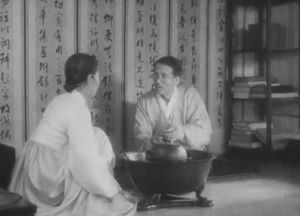
[7:18] Geum-sook visits her Japanese friend Eiko, distraught that her husband has gone missing without warning. But she trusts Seong-gi, reasoning that there must be a good reason for his disappearance, and she chooses to wait for him as long as possible.
[9:00] Seong-gi visits his uncle, who is initially unwilling to listen to him. The uncle has been financially supporting Seong-gi in secret behind his father’s back, but only for the sake of his mother. The uncle sees Seong-gi as a lazy leach who refuses to work, noting that Seong-gi dropped out of college after marrying Geum-sook. But when Seong-gi tells his uncle that he will join the Imperial Army, his uncle is delighted. However, his uncle still does not accept Geum-sook.

[14:26] Geum-sook has lived a comfortable life with Seong-gi, but now she is short of money ever since his disappearance. Her housekeeper offers to be at her side for free, and Geum-sook gives her some of her treasured clothes as compensation. A young boy pretentiously acts as her boss, giving her some stitching work to do on the side.

[18:15] Eiko visits Geum-sook again and offers to let her stay at her home. Eiko takes Geum-sook for a nice stroll at the Gyeongbokgung Palace, where Eiko suggests that she forget about her husband, and that she could ask her husband’s family for help, but Geum-sook stays steadfastly loyal to her missing husband, insisting that she can handle this kind of hardship.
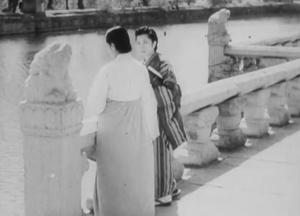
[24:53] It’s spring, and there are cherry blossoms. Seong-gi has joined the army as a voluntary soldier, and he is at an Imperial Army training center. He gets a letter from Kiyoko, his younger sister, letting him know she just found out that he got married. Kiyoko wonders what kind of woman he married.

[28:47] In a flashback sequence, Geum-sook recalls happier days spent with Seong-gi, when they looked forward to having children together. As she wipes away her tears, she goes on mending clothes.
[30:13] In the meantime, Eiko gathers her friends and goes on a shopping trip to Whashin Department Store to buy some baby clothes for Geum-sook. Eiko then meets Kiyoko at a coffee shop and offers her help. However, Kiyoko is unsure if Geum-sook would accept the baby clothes, explaining that Korean culture has a lot more rules and customs to consider than in Japan. Nevertheless, Eiko persuades Kiyoko to offer the baby clothes to Geum-sook.
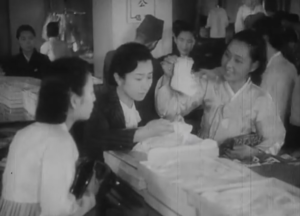
[32:36] Later, Kiyoko’s father warns her to never let Seong-gi know about the baby. Heeding her father’s orders for now, but unable to forget about Geum-sook, Kiyoko visits Geum-sook and offers her the baby clothes, but Geum-sook rejects them.
[36:46] Geum-sook gives birth to a baby boy at home, assisted by a team of friends and a midwife. The women heat water on the kitchen stove and take the hot water to the birthing room. Kiyoko tells her mother about the baby boy, but her mother tries to suppress her excitement, as if it were the wrong emotion to have.
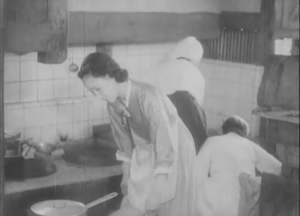
[40:26] Seong-gi’s father reads the news and finds out that his son Seong-gi will be in a military parade, and the whole family is delighted. Carrying her newborn, Geum-sook chases after Seong-gi along the parade route in vain, hoping to get even a brief glimpse of her husband.
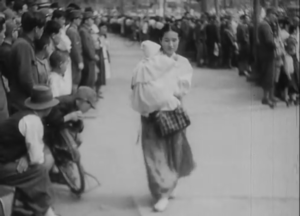
[45:53] Geum-sook has found work at a clothing factory. At noon, the alarm blares and she observes the Moment of Silence to honor fallen Imperial soldiers. During her break time, she sews a senninbari cloth war amulet for good luck for her husband.
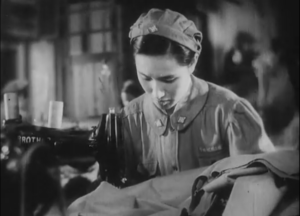
[47:22] There is a family celebration at the Lee family home for Seong-gi’s last dinner at home before he goes off to war. Seong-gi tells his family he wants to make one last visit to a friend before he heads to the train station. But he receives a secret note from his younger sister, and he learns for the first time that he has a newborn baby. He also finds out where his wife lives. Seong-gi heads there instead.
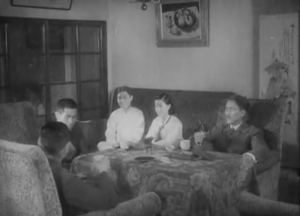
[51:35] Seong-gi visits the house where his wife now lives, but it turns out she is still at work at the clothing factory, and she is not home yet. Seong-gi cannot wait, so he continues on to the train station before Geum-sook has the chance to come see him.
[52:19] Seong-gi’s younger sister Kiyoko calls to let Geum-sook know that Seong-gi stopped by, so Geum-sook leaves work early and hurries back home, but barely misses him. She and Kiyoko hurry to the train station on a taxi, but also miss him there. Dejected, Geum-sook drops the cloth war amulet that she had meant to give Seong-gi. It is then that Kiyoko and her mother arrive, and Geum-sook meets her mother-in-law for the first time.

[1:02:57] Seong-gi injures his foot in battle, while Geum-sook collapses from exhaustion on the factory floor. Geum-sook is in a hospital in Seoul, while Seong-gi is recovering in a war hospital in mainland Japan.
[1:03:30] Father is infuriated at Kiyoko for telling Seong-gi about his baby. The father keeps rejecting his grandchild, so Kiyoko takes the baby and plops him right in front of her father. Her father’s heart gradually melts and he takes a liking to his new grandchild.
[1:09:19] Geum-sook receives an international call from Seong-gi across the Strait of Korea. Seong-gi reveals that he wasn’t going to contact his wife until he got his father’s approval of his wife.

[1:12:26] Seong-gi’s father finally comes to visit Geum-sook in the hospital and give his blessing to her marriage to Seong-gi. Meanwhile, Seong-gi walks along the beach in Japan with a nurse and looks across the Strait in the direction of Korea, looking forward to reuniting with his wife again.
